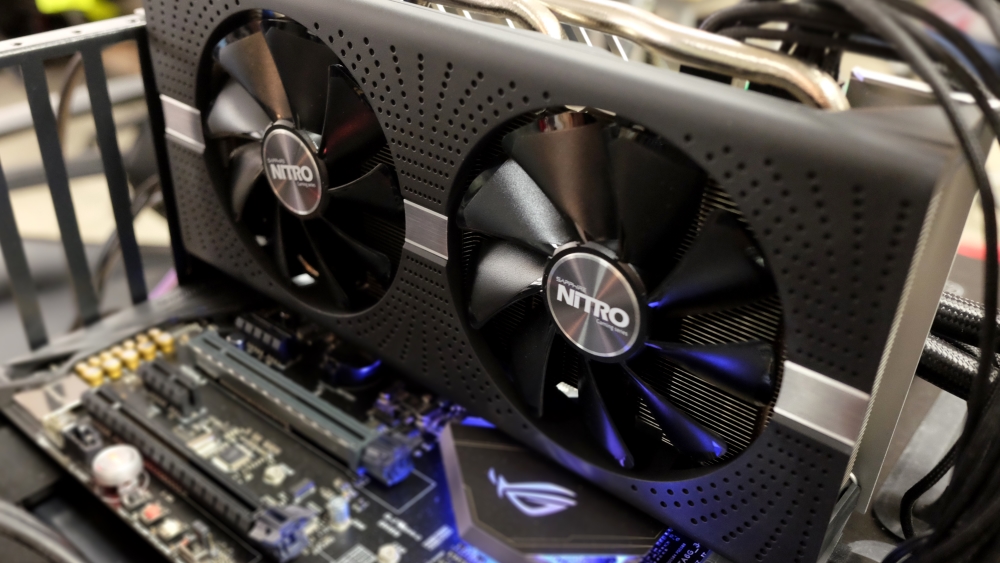AMD Radeon RX 640 re-branding for Polaris GPUs hinted in new drivers
New name, same old GPU

While we continue to wait for AMD to push graphics processors forward with Navi and its 7-nanometer architecture, a leak is suggesting that may not be the only things AMD is preparing. A new graphics card name was discovered in AMD's Adrenalin 19.4.3 graphics drivers by a TechPowerUp reader.
The newly identified card is a Radeon RX 640. This would put it on the lower end of the performance spectrum per AMD's naming convention. But, this would also suggest it's neither a Vega nor Navi GPU.
Given that it follows the naming scheme of AMD's Polaris-based GPUS, it's a safe bet this Radeon RX 640 could be an upcoming GPU that continues to use the Polaris architecture. That's not nearly as exciting for tech enthusiasts as the impending release of Navi, but it would make sense for the budget end of the market.
- Check out these graphics card deals
- These are the best graphics cards for gaming
- See our review of the AMD Radeon VII
Making sense of it
The new Radeon RX 640 is likely going to be new in name alone. TechPowerUp speculates that the Radeon RX 640 would be a re-branding of the current RX 550X. This would be in keeping with what AMD has done in the past.
Last year, AMD pulled a similar move with a refresh of its Polaris GPUs adding an X suffix. This lead to new graphics cards like the Radeon RX 550X that were fundamentally the same as their predecessors. The Radeon RX 500X series GPUs had the same number of stream processors and compute units, frequency and underlying architecture as the RX 500 series before them had.
In other words, the RX 640 will be anything but new. What it should be, though, is affordable. It can likely find its place as an affordable dedicated graphics card in budget builds.
This would let AMD still remain relevant in the budget section of the market, while the Vega VII and upcoming Navi graphics cards find their footing in the higher end of the market.
Sign up for breaking news, reviews, opinion, top tech deals, and more.
- Get ready for big news from AMD at Computex 2019
Via HotHardware

Over the last several years, Mark has been tasked as a writer, an editor, and a manager, interacting with published content from all angles. He is intimately familiar with the editorial process from the inception of an article idea, through the iterative process, past publishing, and down the road into performance analysis.